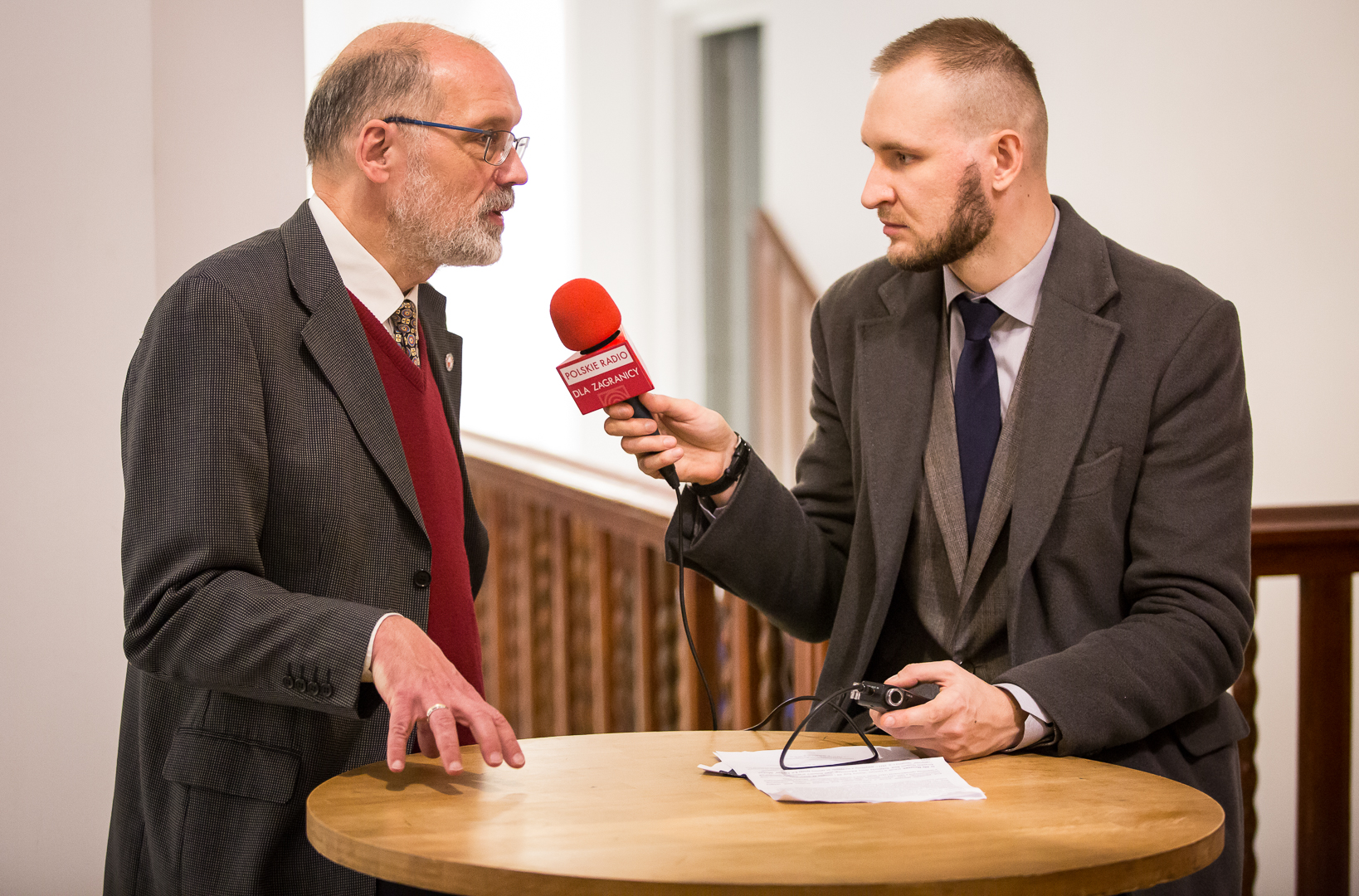Discussion: Terror and revolution. Boris Savinkov in search of a third Russia
An intellectual, writer, politician, would-be tsar killer, Piłsudski's ally, Lenin's enemy – the figure of Boris Savinkov has inspired writers and filmmakers several times. A graduate of a secondary school in Warsaw, Savinkov became involved in the revolutionary movement during his studies in St. Petersburg. As a member of the Combat Organisation of the Socialist Revolutionary Party, he took part in the assassinations of the Minister of the Interior Vyacheslav Plehve and Grand Duke Sergei Aleksandrovich. After the Bolsheviks gained power in Russia, he became their fierce enemy. As a subject of the operation conducted by the Soviet secret service (GPU), he decided to return to the USSR in 1924. Sentenced to ten years in prison by the Soviet court, he committed suicide a year later. For many, his fate became a symbol of the dramatic choices faced by Russian intellectuals in the 20th century. What moral dilemmas did Savinkov face when he was preparing the attacks on tsarist dignitaries? Why did he decide to ally himself with Piłsudski?
The discussion will be attended by some of the best experts on biography and the era: Prof. Konstantin Morozov and Prof. Alla Morozova, authors of the book about the Savinkov brothers published in Russia Три брата (То, что было) [Three brothers (It that was)] and Prof. Andrzej Nowak, author of the book Polska i trzy Rosje: studium polityki wschodniej Józefa Piłsudskiego (do kwietnia 1920 roku) [Poland and Three Russias: A Study of Józef Piłsudski's Eastern Policy (till April 1920)].
fot. Marek Gorczyński
Notes about the speakers
Prof. Konstantin Morozov, works at the Institute of Russian History of the Russian Academy of Sciences, deputy chairman of the "Memorial" Society Council. Author of books: Партия социалистов-революционеров в 1907-1914 гг. (Moscow 1998) [A Party of socialists-revolutionaries, in the years 1907-1914] and Судебный процесс социалистов-революционеров и тюремное противостояние (1922-1926): этика и тактика противоборства. (Moscow 2005) [The trial of the socialists-revolutionaries and the prison resistance (1922-1926): ethics and tactics of confrontation].
Dr. Alla Morozova, works at the Centre "History of Russia 19th and early 20th century" of the Institute of Russian History of the Russian Academy of Sciences. She is the editor of the document collection: "Сын вольного штурмана" и тринадцатый "смертник" процесса с.-р. 1922 г: документы и материалы из личного архива В.Н. Рихтера" (Moscow 2005) ["Son of a free navigator" and the thirteenth "suicide bomber" of the socialists-revolutionaries trial of 1922: documents and materials from the personal archive of V.N. Rikhter].
Prof. Andrzej Nowak, Head of the Department of Eastern European History at the Institute of History of the Jagiellonian University and the Institute of History of the Polish Academy of Sciences. He has published several dozen books (including Polska i „trzy” Rosje. Studium polityki wschodniej Piłsudskiego [Poland and three Russias: A study of Józef Piłsudski's eastern policy], History and Geopolitics: A Contest for Eastern Europe, Pierwsza zdrada Zachodu: 1920 – zapomniany appeasement [First Betrayal of the West: 1920 – a forgotten appeasement], the first three of the planned eleven volumes of History of Poland). Member of the National Development Council to the President of the Republic of Poland, as well as the IPN Collegium (Institute of National Remembrance); Chairman of the Council of the Centre for Polish-Russian Dialogue and Understanding. Editor-in-chief of Studia z Dziejów Rosji i Europy Środkowo-Wschodniej [Studies in the History of Russia and Central and Eastern Europe].
Bartłomiej Gajos, historian, employee of the Center for Polish-Russian Dialogue and Understanding, PhD student at the Institute of History Polish Academy of Sciences, his doctoral dissertation will concern the historical policy of the Bolsheviks 1917-1920. Last year, under his, and Dr. Łukasz Adamski’s editorship, the book Kręgi Rewolucji. Rok 1917 w Rosji – wewnętrzne i międzynarodowe konsekwencje.[Revolutionary Circles. The year 1917 in Russia – internal and international consequences] was published.
date: 14 January 2020 (Tuesday) at 6 pm.
place: Marzyciele i Rzemieślnicy, Dom Braci Jabłkowskich, 25 Bracka Street, third floor (elevator)
Languages: Polish and Russian (simultaneous interpretation)
RSVP: kolakowska@cprdip.pl
